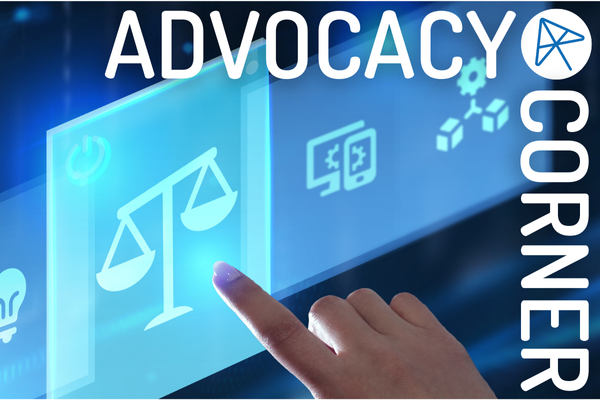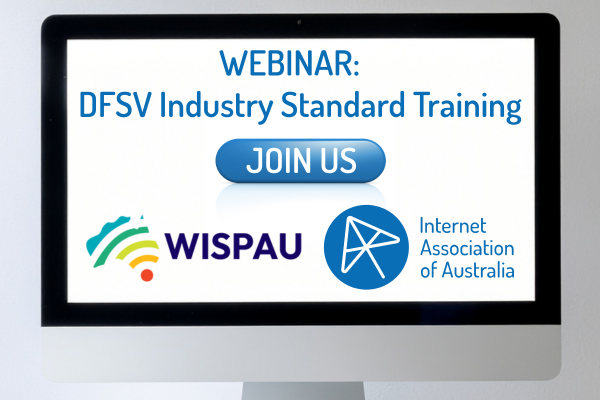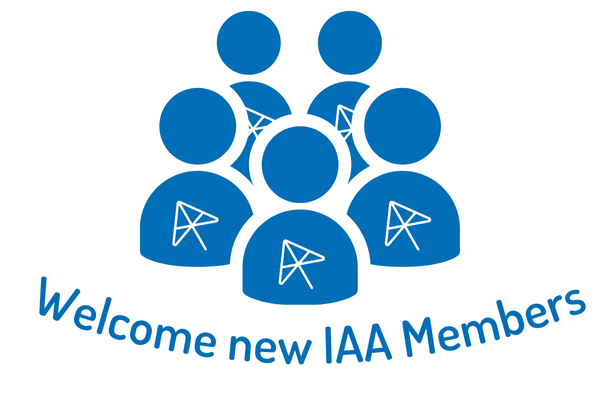This year, the IAA Convergent Event Series is going back to where it all began as we relive the stories, tech, and moments that shaped how we connect.
Across 2026, we’ll be hosting Convergent events in some genuinely fascinating venues, including communication and technology museums around the country.
Expect behind-the-scenes tours, nostalgic throwbacks, iconic hardware, and plenty of “remember when?” moments, alongside the good conversations and familiar faces that make Convergent what it is.
It’s a chance to step away from the day-to-day, enjoy a relaxed evening with industry peers, and reflect on how far the internet and our community have come (with drinks and nibbles in hand, of course).
We’re kicking off the series in Sydney with an exclusive visit to the NBN Discovery Centre, with Melbourne, Brisbane, and more to follow.
Spots are limited for each event.
Learn more and register via the IAA Member Portal:
IAA Convergent Sydney
Date: Wednesday, 11 March 2026
Time: 5:30 PM – 9:00 PM AEST
Venue: NBN Discovery Centre | 100 Mount St | North Sydney | Sydney
IAA Convergent Melbourne & VIC-IX 15th anniversary
Date: Wednesday, 29 April 2026
Time: 5:30 PM – 9:00 PM AEST
Venue: National Communication Museum | 375 Burwood Rd | Hawthorn | Melbourne
IAA Convergent Brisbane & QLD-IX 15th anniversary
Date: Wednesday, 13 May 2026
Time: 5:30 PM – 9:00 PM AEST
Venue: Queensland Communications Museum | 3 Oriel Road | Clayfield | Brisbane
Followed by: Hamilton Hotel | 442 Kingsford Smith Drive | Hamilton | Brisbane




